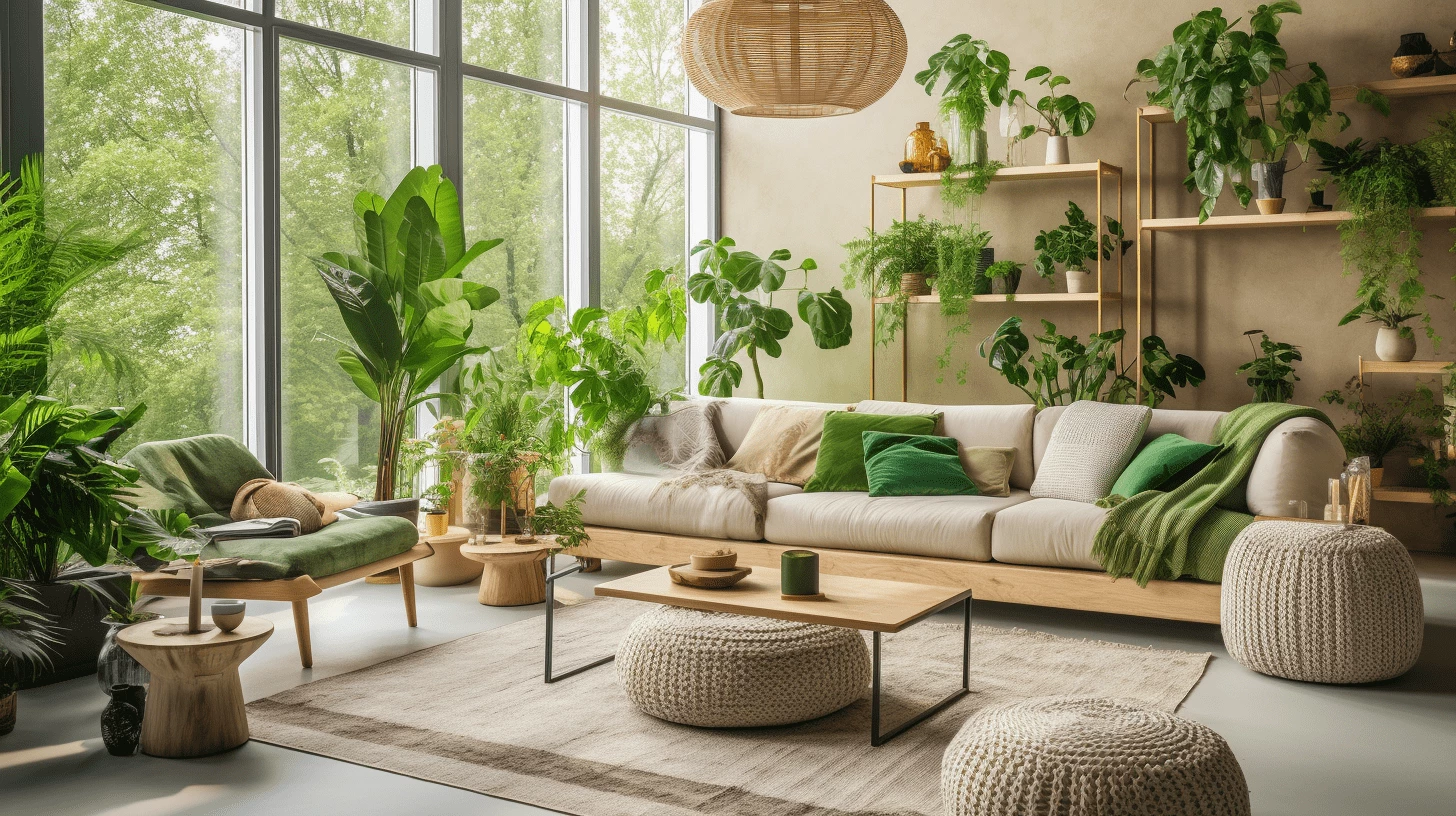In a world teeming with consumerism and environmental concerns, the philosophy of minimalism offers a refreshing antidote. Minimalism isn’t just about decluttering physical spaces; it’s a mindset that prioritizes simplicity, intentionality, and sustainability. By integrating eco-friendly practices into a minimalist lifestyle, individuals can reduce their ecological footprint while also enhancing their overall well-being.
Simplifying Consumption
Minimalism encourages us to question our consumption habits and prioritize the things that truly add value to our lives. Instead of mindlessly acquiring material possessions, minimalists focus on quality over quantity. This shift in mindset naturally leads to reduced waste and resource consumption.
Embracing eco-friendly living within a minimalist framework involves opting for durable, sustainably sourced products that serve multiple purposes. From furniture made from reclaimed wood to clothing crafted from organic fibers, every purchase becomes a conscious choice to support ethical and environmentally responsible practices.
Mindful Consumption
Central to both minimalism and eco-friendliness is the concept of mindful consumption. By adopting a more mindful approach to our daily choices, we can minimize waste and make more sustainable decisions. This might involve repairing items rather than replacing them, buying second-hand goods, or supporting local businesses and artisans.
Decluttering for a Purposeful Life
At its core, minimalism is about removing distractions and focusing on what truly matters. By decluttering our homes and lives, we create space for the things that bring us joy and fulfillment. This process of simplification extends beyond material possessions to encompass our schedules, digital clutter, and even relationships.
In an eco-friendly context, decluttering takes on added significance. By streamlining our possessions and reducing excess, we minimize our environmental impact and conserve resources. Moreover, a clutter-free environment fosters a greater sense of tranquility and mental clarity, allowing us to live more intentionally and sustainably.
Embracing Sustainable Practices
Minimalism provides a natural segue into adopting sustainable practices. From reducing energy consumption to embracing zero-waste living, there are countless ways to align minimalist principles with eco-friendly values. This might involve composting organic waste, using renewable energy sources, or prioritizing walking, cycling, or public transportation over driving.
Conclusion
In the intersection of eco-friendly living and minimalism lies a powerful opportunity to create positive change. By simplifying our lives, we not only reduce our environmental impact but also cultivate a deeper sense of fulfillment and purpose. Through conscious consumption, mindful decluttering, and embracing sustainable practices, we can pave the way towards a more harmonious relationship with both our planet and ourselves.


